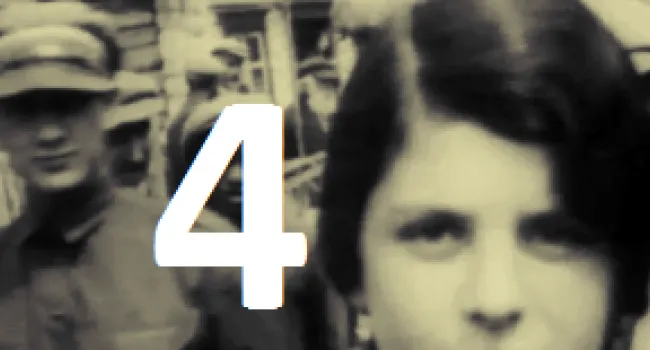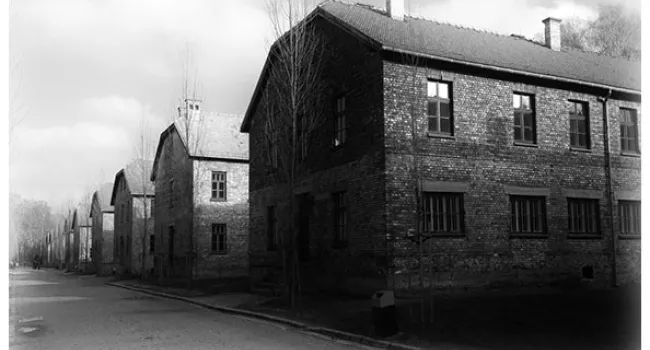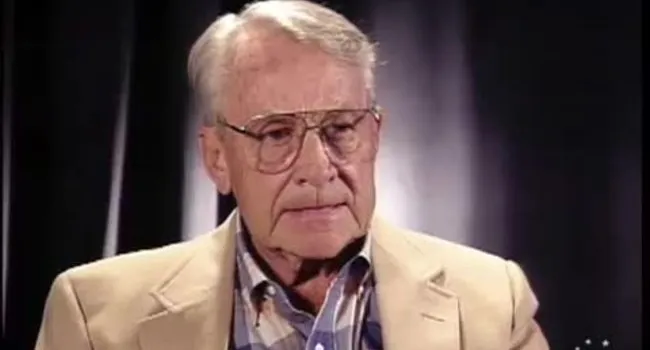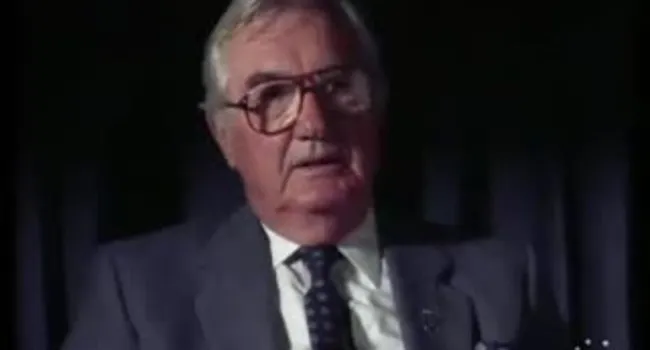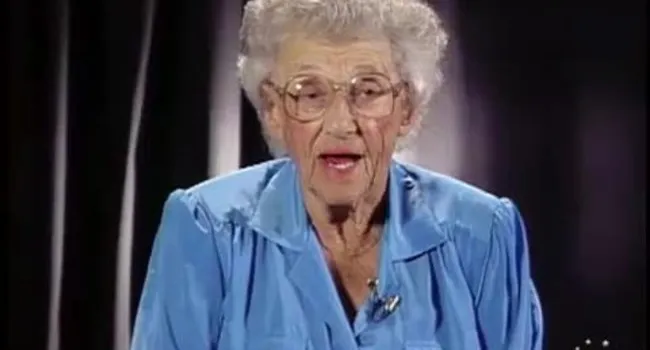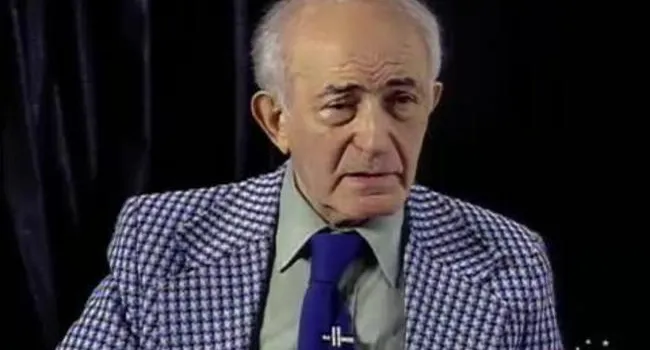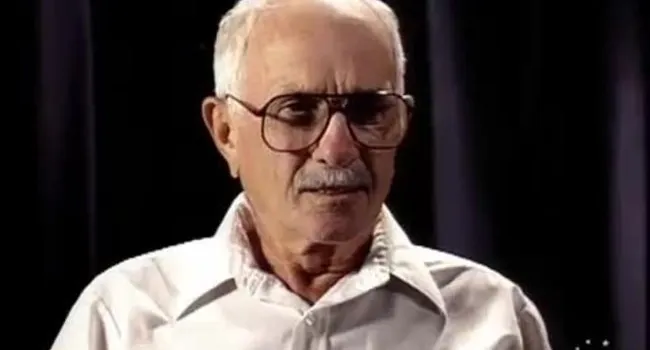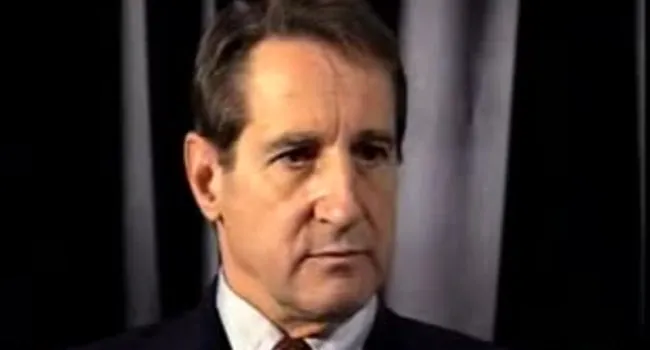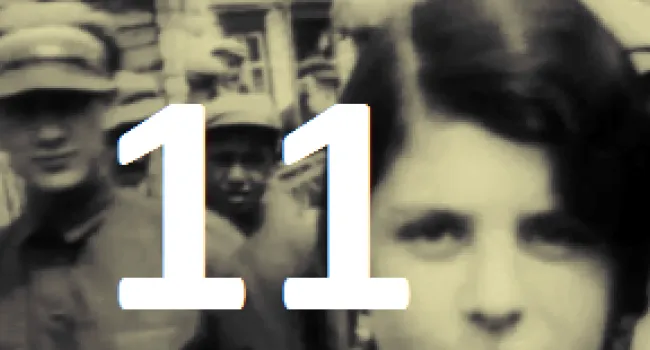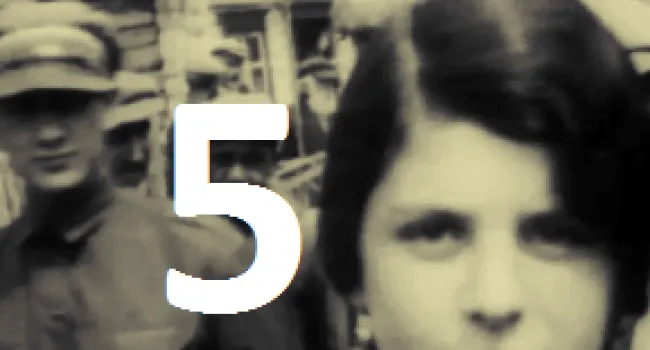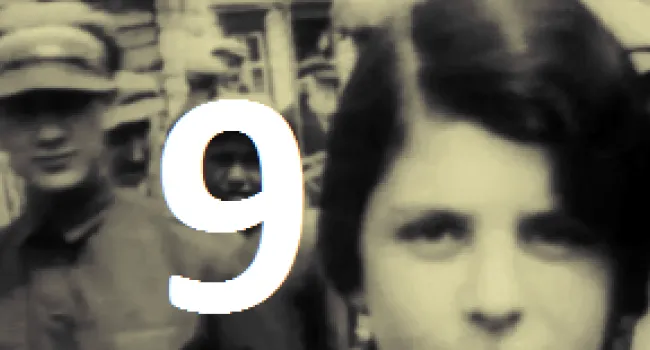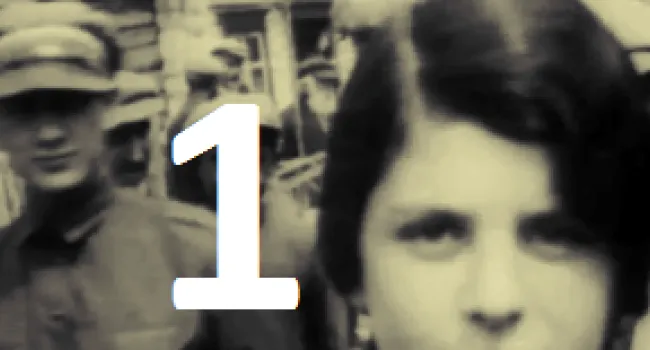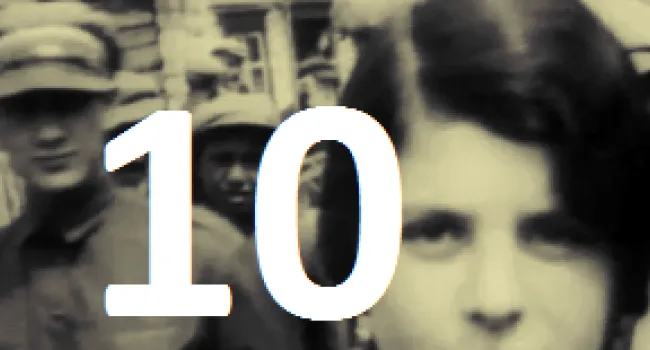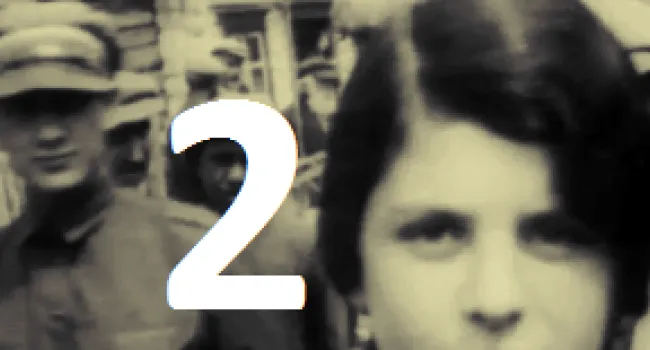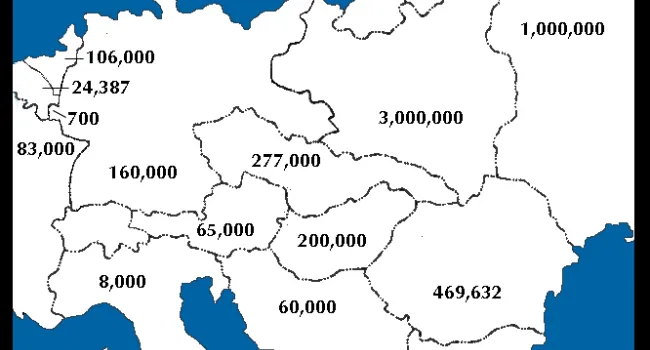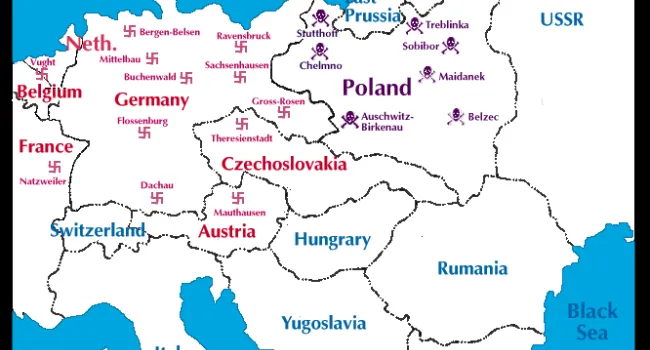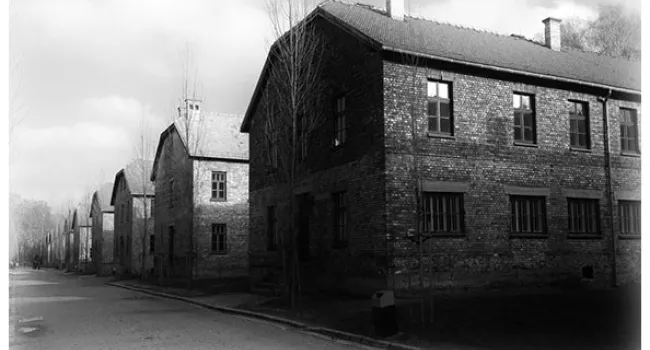Born in 1923 in Cross Hill, S.C., Claude Hipp was assigned to the Army infantry in North Carolina in 1943. He was shipped to Europe and marched through Camp Orsdorff where 9,000 workers had been beaten and starved. Bodies were piled on top of each other. Camp leaders tried to hide evidence before the Americans got there. "How can men do this to each other?," he thought. General Patton saw these sights, left, and threw up repeatedly. We had never seen anything like it before. "The average German didn't know anything about it; it really didn't happen. That made me mad . . . It did happen. We want to make sure it doesn't happen again."
Standards
- 5.3 Demonstrate an understanding of the economic, political, and social effects of World War II, the Holocaust, and their aftermath (i.e., 1930–1950) on the United States and South Carolina.
- 6.5.CE Explain the impact of nationalism on global conflicts and genocides in the 20th and 21st centuries.
- 7-4 The student will demonstrate an understanding of the causes and effects of world conflicts in the first half of the twentieth century.
- The influence of both world wars and the worldwide Great Depression are still evident. To understand the effects these events had on the modern world, the student will utilize the knowledge and skills set forth in the following indicators:
- 7-4.5 Summarize the causes and course of World War II, including drives for empire, appeasement and isolationism, the invasion of Poland, the Battle of Britain, the invasion of the Soviet Union, the "Final Solution," the Lend-Lease program, Pearl Harbo...
- 7-4.6 Analyze the Holocaust and its impact on European society and Jewish culture, including Nazi policies to eliminate the Jews and other minorities, the Nuremberg trials, the Universal Declaration of Human Rights, the rise of nationalism in Southwest...
- The influence of both world wars and the worldwide Great Depression are still evident. To understand the effects these events had on the modern world, the student will utilize the knowledge and skills set forth in the following indicators:
- 8.5.CO Compare South Carolina and U.S. wartime contributions and demobilization after World War II.
- USHC-7 The student will demonstrate an understanding of the impact of World War II on the United States and the nation’s subsequent role in the world.

